Russian spies pose increasing threat to international Geneva
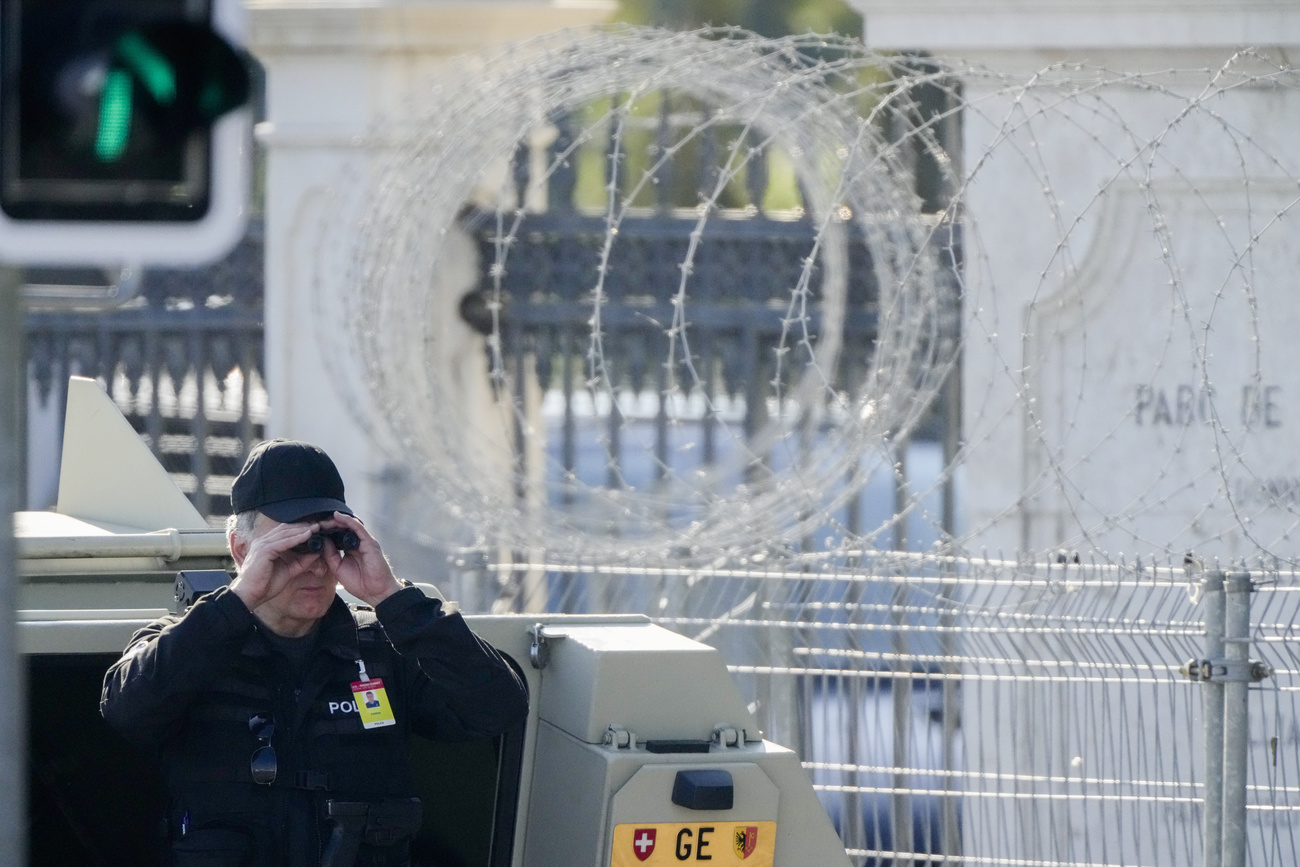
Dozens of Russian spies are known by the Swiss authorities to be operating in Geneva, which is home to many international organisations such as the United Nations and the World Health Organization (WHO).
The Swiss Federal Intelligence Service (FIS) has issued a warning that spying activity has heated up in recent years and that the threat of cyberattacks has increased since the invasion of Ukraine.
“Espionage is an ever-present phenomenon – espionage activity is already at a high level and is continuing to increase,” FIS stated in its annual report on MondayExternal link.
“Geneva, as an international centre, remains an espionage hotspot,” the report continued. “We know that several dozen officers are active in Russia’s diplomatic and consular missions.”
“Recently, various European states have expelled Russian intelligence officers, which might lead the Russian services to deploy their forces in states, like Switzerland, which have not carried out any expulsions.”
FIS urged the Swiss authorities to be vigilant, saying that “instruments available for preventing the entry of such intelligence service officers must be utilised to the full.”
Expulsions of Russian officials suspected of spying were ramped up by several countries after Russian forces invaded Ukraine on February 24. Switzerland remains officially neutral on the Ukraine war but has condemned the invasion and imposed European Union sanctions, including the seizure of billions of francs from individuals and companies with links to the Kremlin.
Shortly after the invasion of Ukraine, Poland expelled 45 Russians while Ireland, the Netherlands, Belgium and the Czech Republic threw out 43 Russian embassy staff in a combined action. Many other countries have followed suit, with some media saying the number of expulsions runs into the hundreds.
‘Ideal operating environment’
Geneva is becoming an increasingly attractive venue for spies because it is home to international organisations, diplomatic missions, NGOs, universities, think tanks, research institutes and global companies, particularly commodity traders and financiers. Geneva plays host to many international conferences and is frequently the venue of negotiations between countries.
“These provide an ideal operating environment for intelligence officers working under cover, who can easily come into contact with large numbers of potential targets,” says FIS. “In the recent past, it has been observed that various states have expanded their intelligence structures in Geneva.”
Switzerland’s membership of the Schengen zone, its international transport infrastructure and its proximity to France also make it the ideal dropping off point for sensitive information gathered outside of Switzerland.
Some intelligence offices posing as diplomats are suspected of handling up to five different spies at one time. But there are also “numerous suspected sources and supporters of foreign intelligence services living and working in Geneva. Retired and (officially) former employees of foreign intelligence services are also known to have settled in Geneva and the surrounding area with their families.”
Long-standing issue
The problem has been known the intelligence agency for some time. Four years ago, FIS said it suspected one in four Russian diplomats of being covert spies. Russia dismissed the claims.
That same year (2018), information from FIS led to the arrest and expulsion from the Netherlands of two Russian agents accused of spying on a laboratory in Spiez, located near to the Swiss capital, Bern, that was analysing a suspected poison gas used by Russian forces in Syria.
At the time, Swiss Foreign Minister Ignazio Cassis said he had summoned the Russian ambassador to Switzerland to demand an “immediate end to spy activities on Swiss territory”.
Cassis complained that levels of spying had gone “beyond the usual level of activity”. However, these complaints were reportedly met with denials by Russia.
In 2019, a former KGB agent told Swiss public broadcaster RTS that: “Switzerland has a high level of interest from the Russian intelligence services. It is in the top five or six countries due to all the international organisations there.”
Switzerland does sometimes take action against spies but is typically discreet about it to avoid diplomatic incidents. In 2020, the arrest and sentencing of a Russian spy only became public knowledge because the media got wind of the case.

In compliance with the JTI standards
More: SWI swissinfo.ch certified by the Journalism Trust Initiative

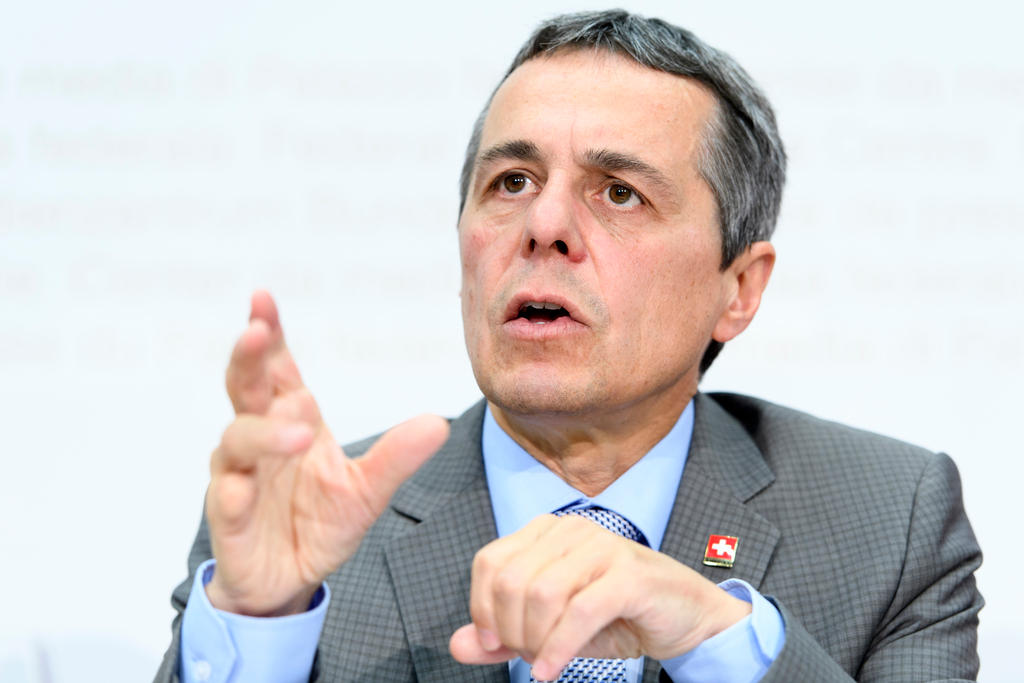
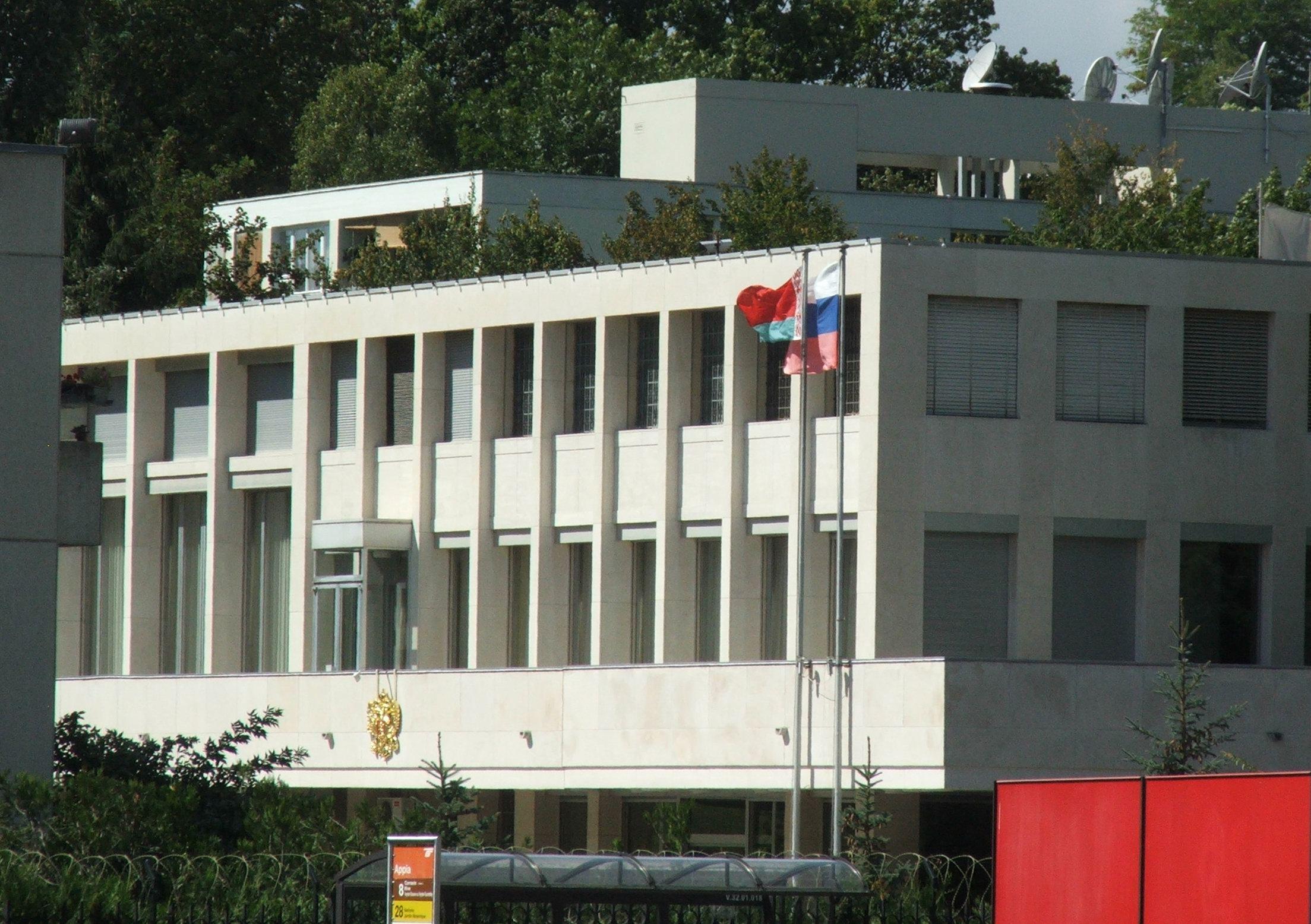
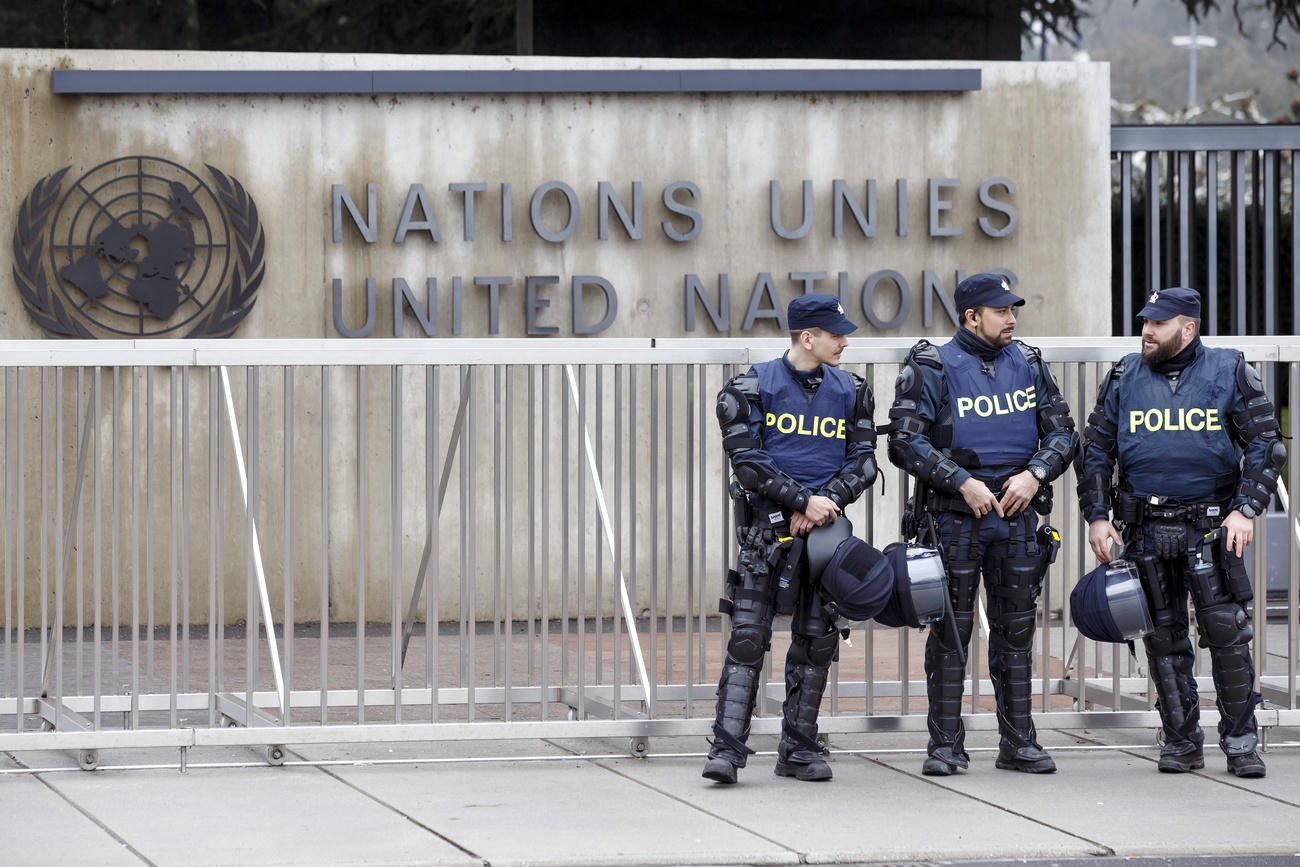
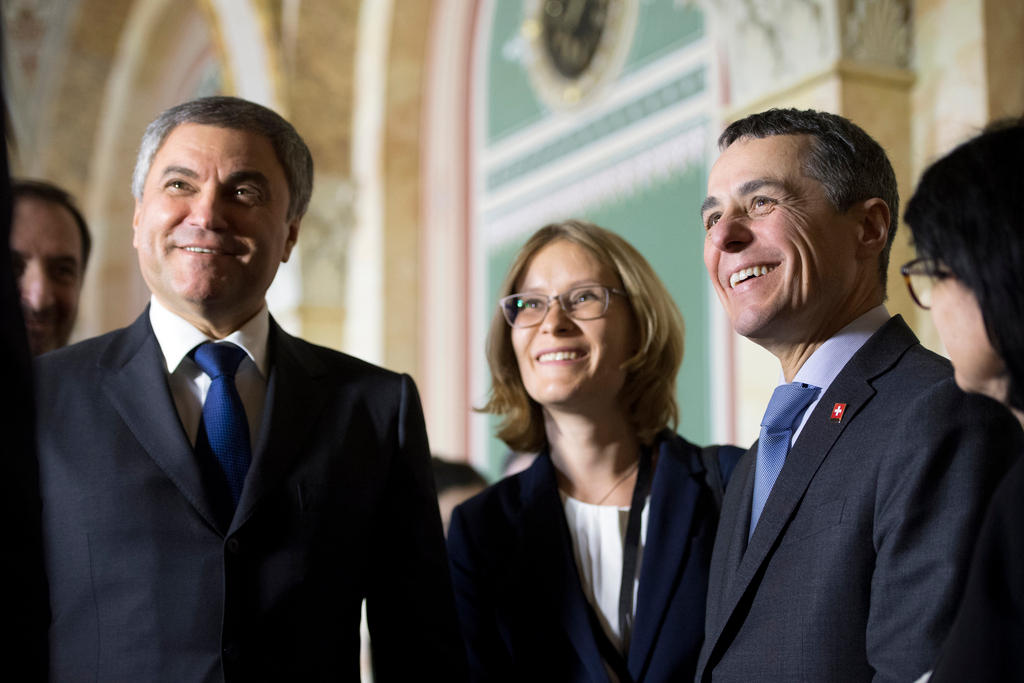
You can find an overview of ongoing debates with our journalists here. Please join us!
If you want to start a conversation about a topic raised in this article or want to report factual errors, email us at english@swissinfo.ch.